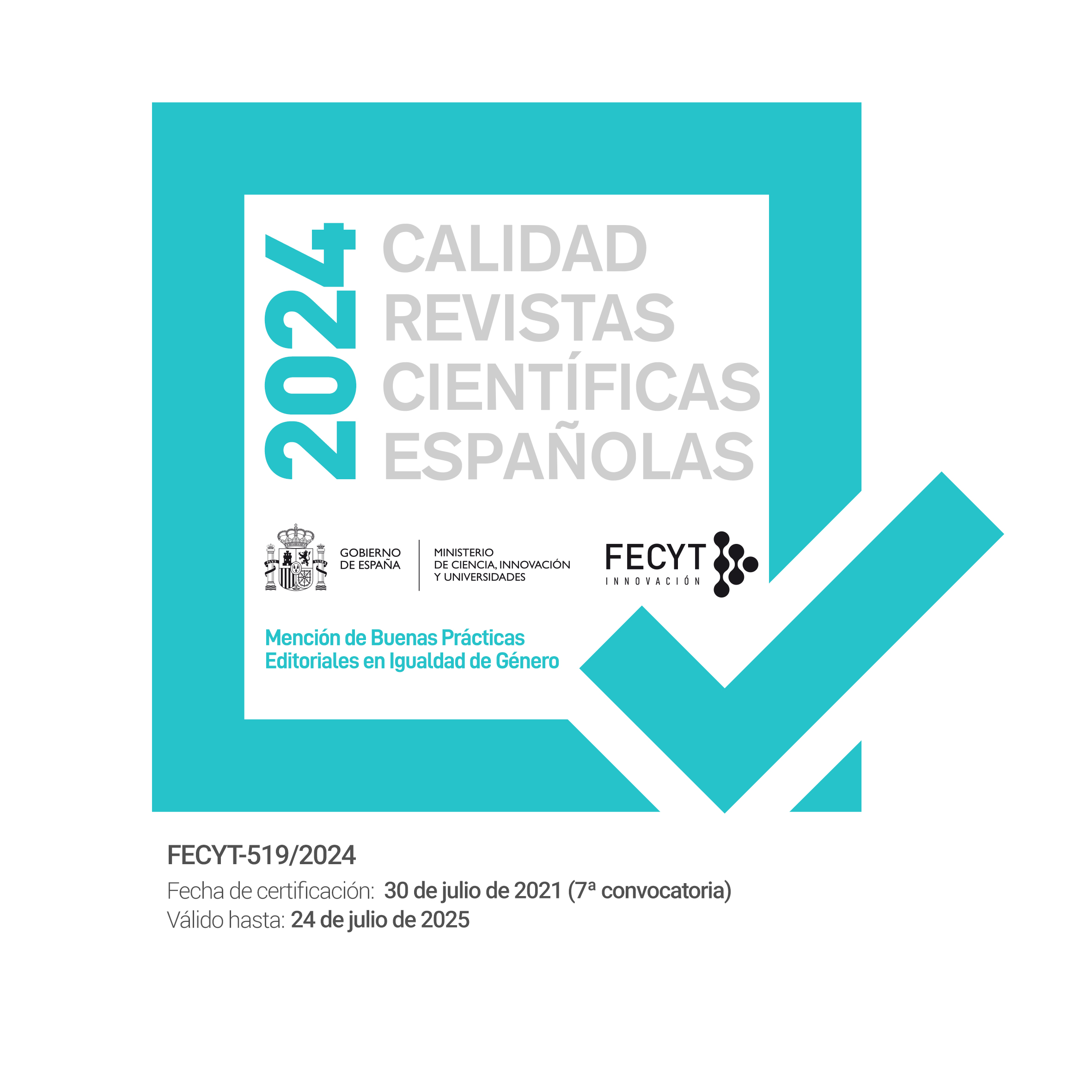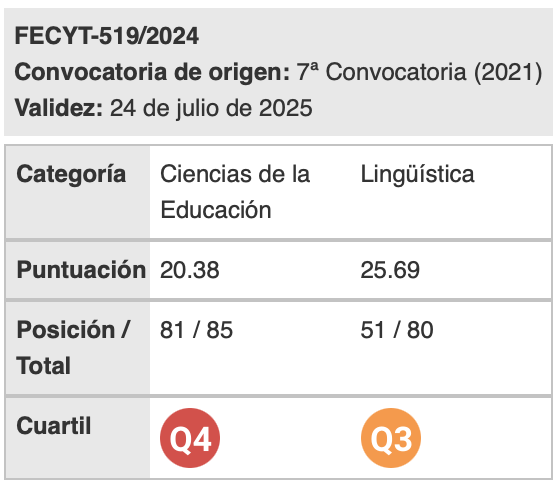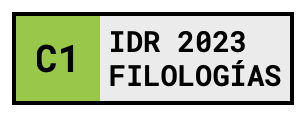Review of Angela Sileo (Ed.) (2021). Audiovisual Translation as Transcreation. Ricerca Continua: Università degli Studi di Roma
Palabras clave:
French, EnglishResumen
Au cours des dernières années, l’intérêt porté par la communauté scientifique à la traduction audiovisuelle n’a cessé de croître, en raison de la constante évolution du métier de traducteur audiovisuel, comme l’indique Gauthier : « les médias sont en constante évolution et la mentalité du traducteur audiovisuel doit être celle d’un découvreur » (2022 :156). Parallèlement, l’enseignement de la traduction audiovisuelle, dans toutes ses modalités (sous-titrage, doublage, audiodescription, respeaking…), a gagné du terrain dans les formations universitaires en traduction, comme l’atteste le modèle EMT (réseau European Master’s in Translation), qui invite les universités candidates à préciser les différents types de traduction contemplés dans leurs cursus, « tels que la traduction et l’interprétation au service des citoyens, la localisation ou la traduction audiovisuelle » (Groupe d’experts EMT, 2017 :7). L’ouvrage sur lequel porte le présent compte-rendu met justement l’accent sur ces problématiques actuelles, à savoir l’évolution des médias et de la pratique des métiers de la traduction audiovisuelle, à travers une sélection de chapitres soulignant chacun un aspect particulier de l’une des pratiques qui s’inscrivent dans ladite traduction audiovisuelle....
Descargas
Citas
Díaz Cintas, J., & Remael, A. (2007). Audiovisual Translation: Subtitling. London: Routledge.
Gauthier, B. (2022). La traduction « multicible ». In F. Lautel-Ribstein (dir.), Approches linguistiques contemporaines de la traduction (pp. 145-162). Arras: Artois Presses Université.
Groupe d’experts EMT. (2017). Competence framework 2017. <https://ec.europa.eu/info/sites/info/files/emt_competence_fwk _2017_en_web.pdf> [14/07/2022].
Hewson, L. (2011). An Approach to Translation Criticism. Amsterdam: Benjamins Translation Library.
Pedersen, J. (2011). Subtitling norms for television: An extrapolation focussing on extralinguistic cultural references. Amsterdam: John Benjamins.
Popovič, A. (1983). Interpretačná terminológia. Bratislava: Tatran.
Descargas
Publicado
Cómo citar
Número
Sección
Licencia
Aquellos autores/as que tengan publicaciones con esta revista, aceptan los términos siguientes:
- Los autores/as conservarán sus derechos de autor y garantizarán a la revista el derecho de primera publicación de su obra, el cuál estará simultáneamente sujeto a la Licencia de reconocimiento de Creative Commons que permite a terceros compartir la obra siempre que se indique su autor y su primera publicación esta revista.
- Los autores/as podrán adoptar otros acuerdos de licencia no exclusiva de distribución de la versión de la obra publicada (p. ej.: depositarla en un archivo telemático institucional o publicarla en un volumen monográfico) siempre que se indique la publicación inicial en esta revista.
- Se permite y recomienda a los autores/as difundir su obra a través de Internet (p. ej.: en archivos telemáticos institucionales o en su página web) antes y durante el proceso de envío, lo cual puede producir intercambios interesantes y aumentar las citas de la obra publicada. (Véase El efecto del acceso abierto).

Revista de Lenguas para fines específicos is licensed under a Creative Commons Reconocimiento-NoComercial-SinObraDerivada 4.0 Internacional License.























